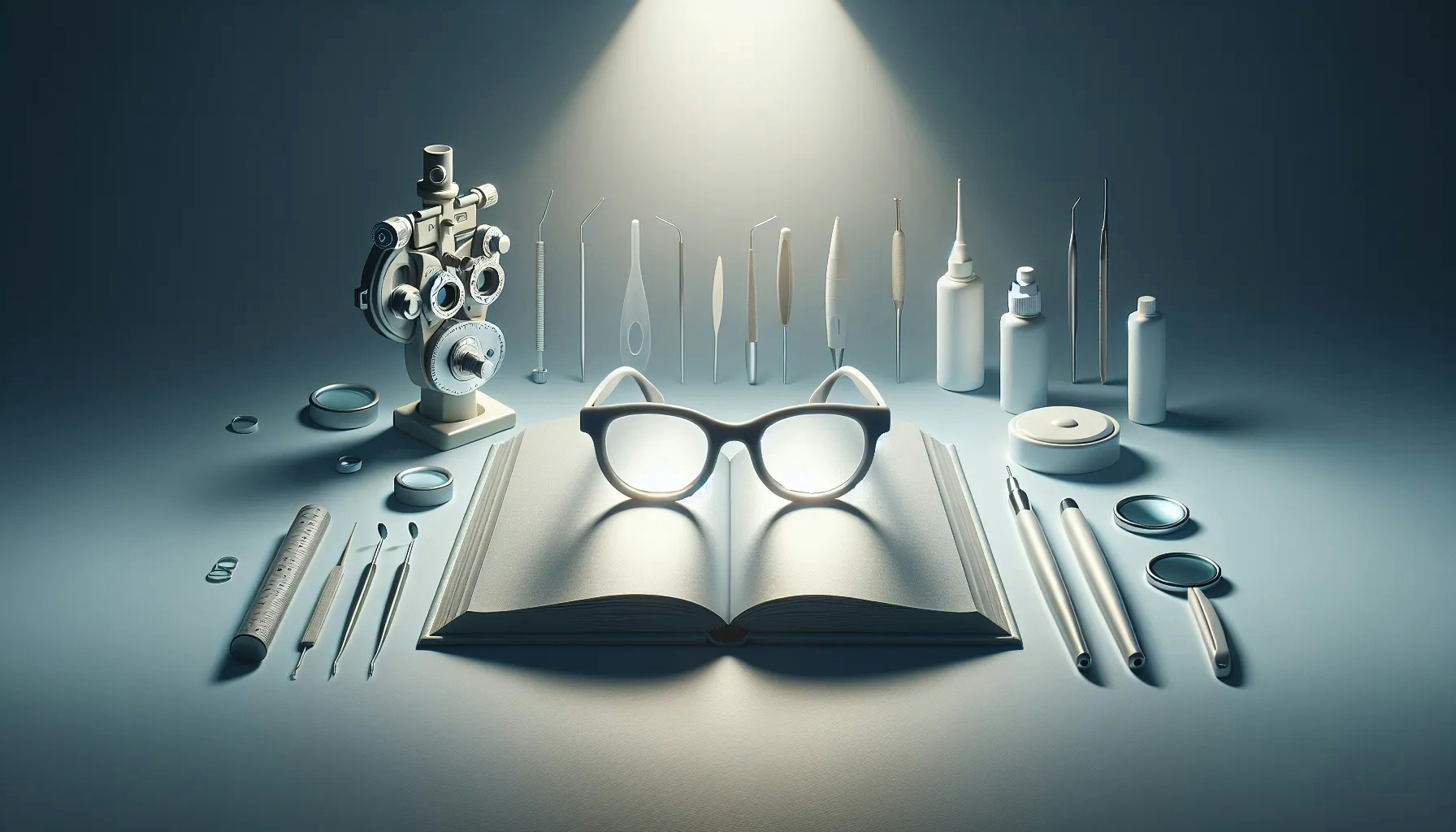Importance of Regular Eye Exams
Optometry Magazine

Eyes are the windows to the world, yet we often overlook their health. Regular eye exams are essential to maintain good vision and overall health. This blog post will delve into the importance of regular eye exams, discussing their role in early detection of eye diseases, maintaining good vision, and even detecting other health issues.
Unveiling the Invisible: Early Detection of Eye Diseases
Regular eye exams play a pivotal role in the early detection of eye diseases. Many eye diseases, such as glaucoma and age-related macular degeneration, often have no noticeable symptoms in their early stages. By the time symptoms appear, significant damage may have already occurred. Regular eye exams can help detect these diseases at an early stage, increasing the chances of successful treatment and preserving vision.
Eye doctors use advanced technology and a series of tests to examine the eyes thoroughly. They can spot signs of diseases that you might not notice. Regular check-ups mean that any changes in your vision or eye health are monitored closely. This proactive approach can make a significant difference in the outcome of many eye diseases.
Maintaining Good Vision: More Than Just 20/20
Regular eye exams are not just about detecting diseases; they are also about maintaining good vision. Many people think that if they can see well, their eyes are healthy. However, good vision involves more than just seeing clearly. It also includes peripheral vision, depth perception, color vision, and eye coordination.
Eye exams can detect vision problems such as nearsightedness, farsightedness, and astigmatism. These conditions can often be corrected with glasses, contact lenses, or surgery. Regular eye exams also ensure that your prescription stays up-to-date. Wearing glasses or contact lenses with an outdated prescription can strain your eyes and lead to headaches and other problems.
Eye Exams and Systemic Health: A Surprising Connection
Did you know that eye exams can also reveal signs of systemic diseases? The eyes are the only place in the body where doctors can see blood vessels without needing to cut you open. This unique window can reveal signs of diseases such as diabetes, high blood pressure, and even cancer.
For instance, changes in the blood vessels in the retina can indicate diabetes. Similarly, swelling of the optic nerve can suggest high blood pressure. Regular eye exams can help detect these systemic diseases at an early stage, allowing for timely treatment.
Eye Exams for Children: Setting the Foundation for Good Vision
Regular eye exams are especially important for children. Vision problems can affect a child's development and learning. Many children who have vision problems don't realize that their vision is not normal. They may struggle in school or show signs of behavioral problems.
Eye exams can detect vision problems such as lazy eye, crossed eyes, and refractive errors. Early detection and treatment can prevent these problems from affecting a child's development and academic performance. Regular eye exams can also detect other health issues in children, such as diabetes and high blood pressure.
Regular Eye Exams for the Aging Population
As we age, the risk of developing eye diseases increases. Conditions such as cataracts, glaucoma, and age-related macular degeneration become more common with age. Regular eye exams become even more important as we get older.
Eye exams can detect these age-related conditions at an early stage. Early detection and treatment can help preserve vision and quality of life. Regular eye exams can also ensure that seniors have the correct prescription for their glasses or contact lenses, reducing the risk of falls and other accidents.
Overcoming Barriers to Regular Eye Exams
Despite the importance of regular eye exams, many people don't get their eyes checked as often as they should. Common barriers include cost, lack of awareness, and fear of finding out that something is wrong. However, regular eye exams are an investment in your health and well-being.
Many insurance plans cover routine eye exams. There are also programs that provide free or low-cost eye exams for those who can't afford them. Awareness about the importance of regular eye exams can be increased through education and public health campaigns. And while it's natural to fear bad news, remember that early detection increases the chances of successful treatment.
The Vision of Health: Regular Eye Exams
Regular eye exams are a crucial part of maintaining good health. They can detect eye diseases at an early stage, ensure good vision, and even reveal signs of systemic diseases. Regular eye exams are especially important for children and the aging population. Despite the barriers, it's important to prioritize regular eye exams for the sake of our health and well-being.